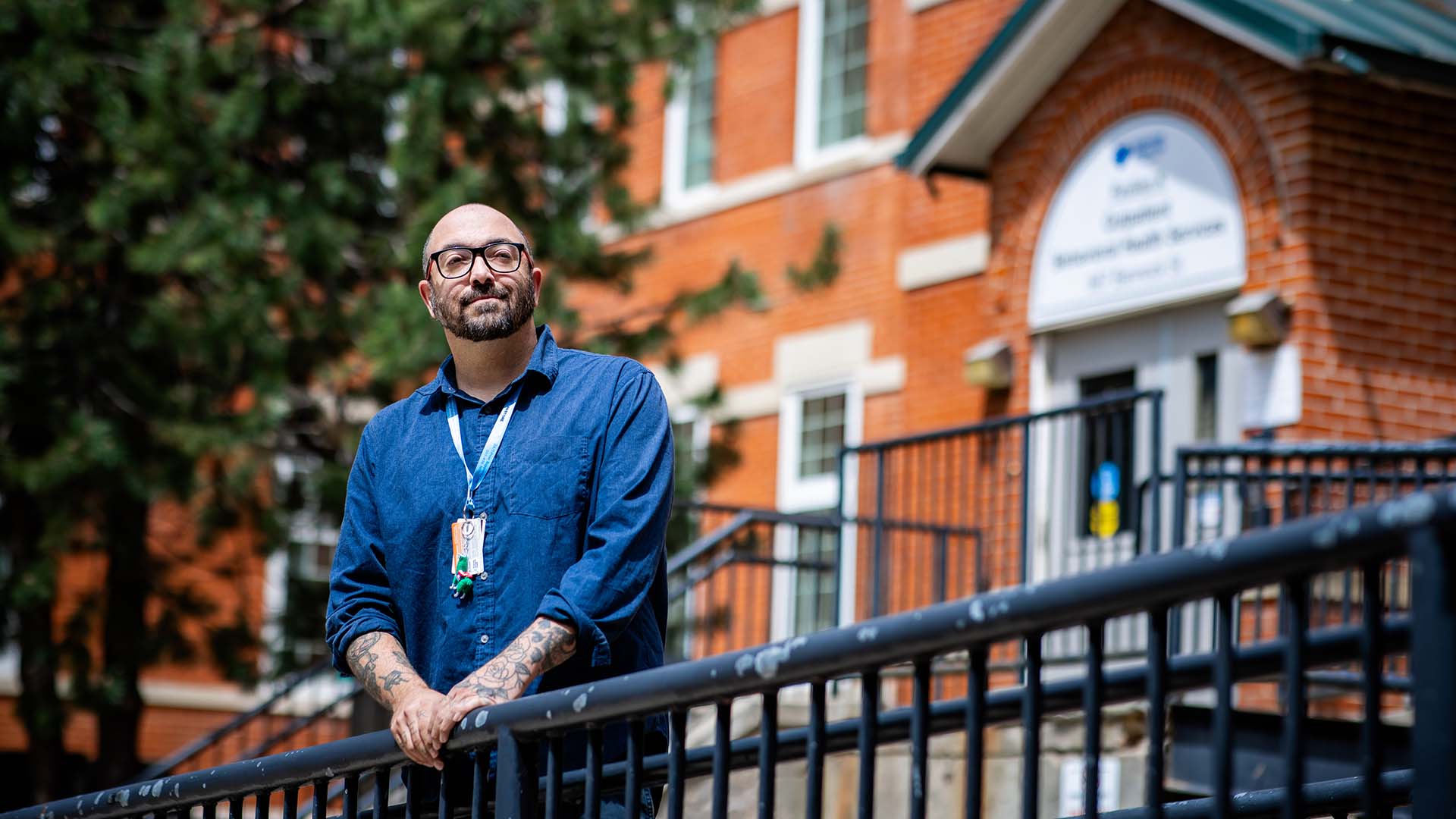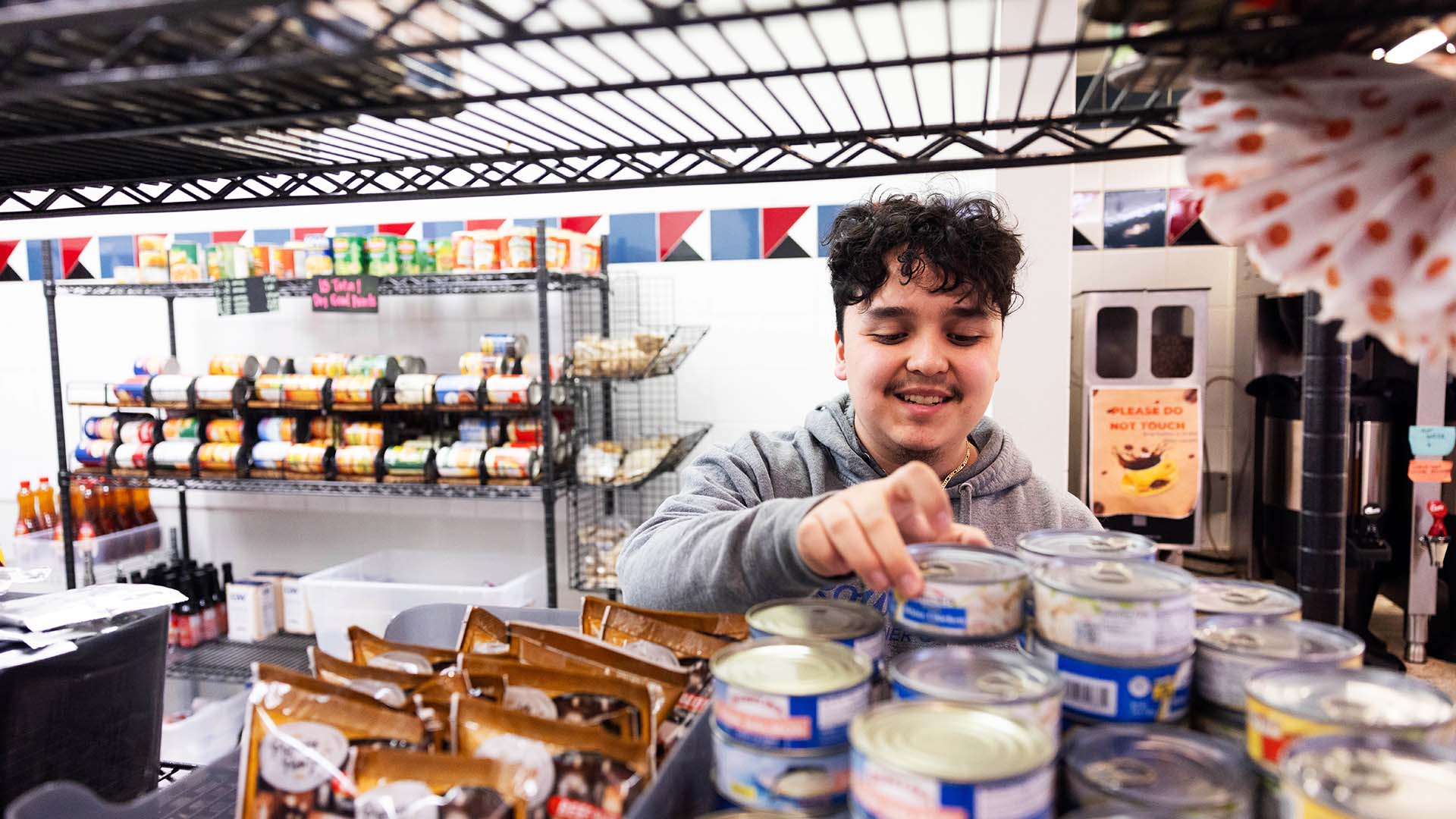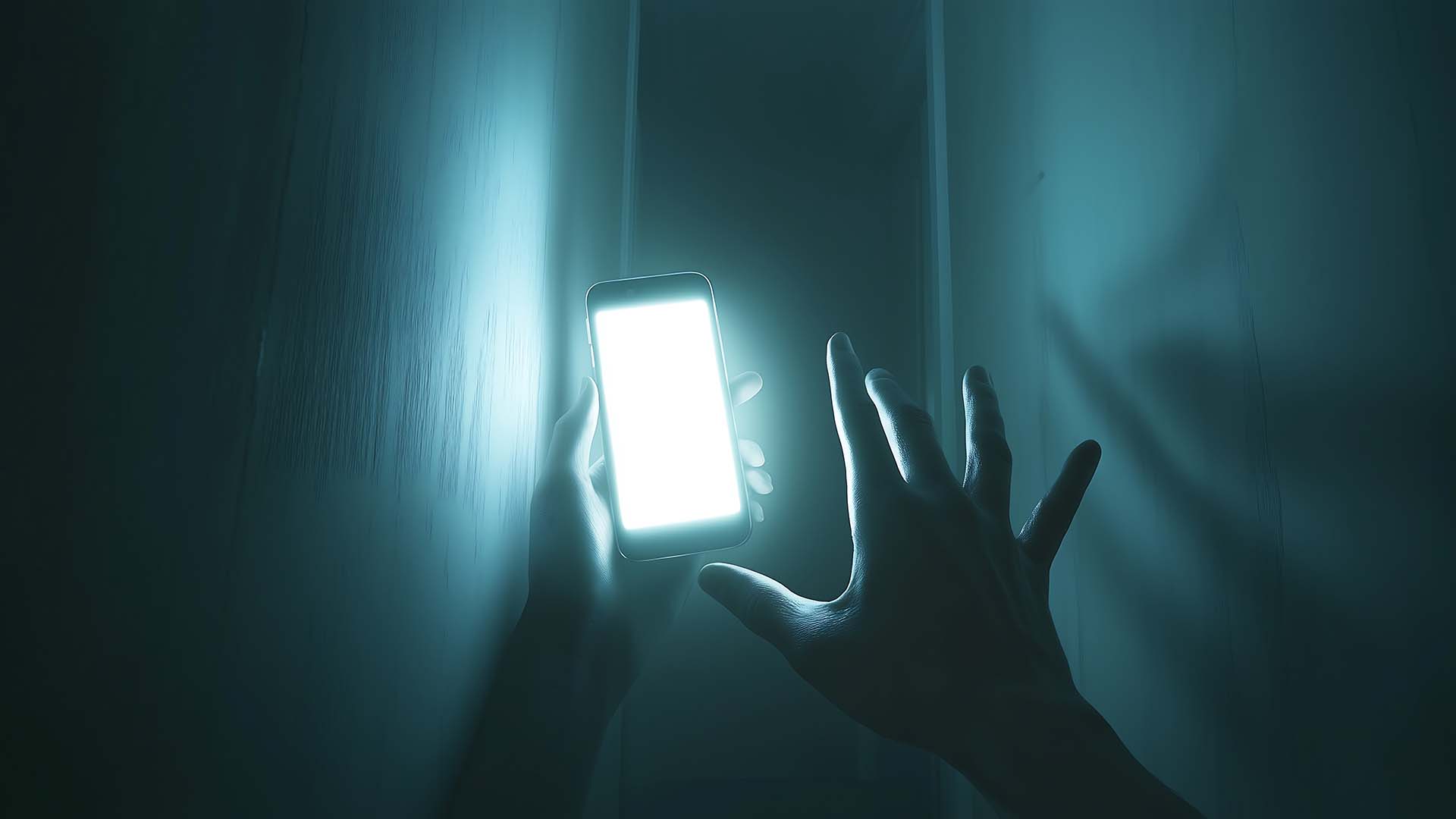How tragedy led an aspiring counselor to help those impacted by addiction
Following the deaths of two family members, this Social Work student founded JWB Recovery to support grieving families.
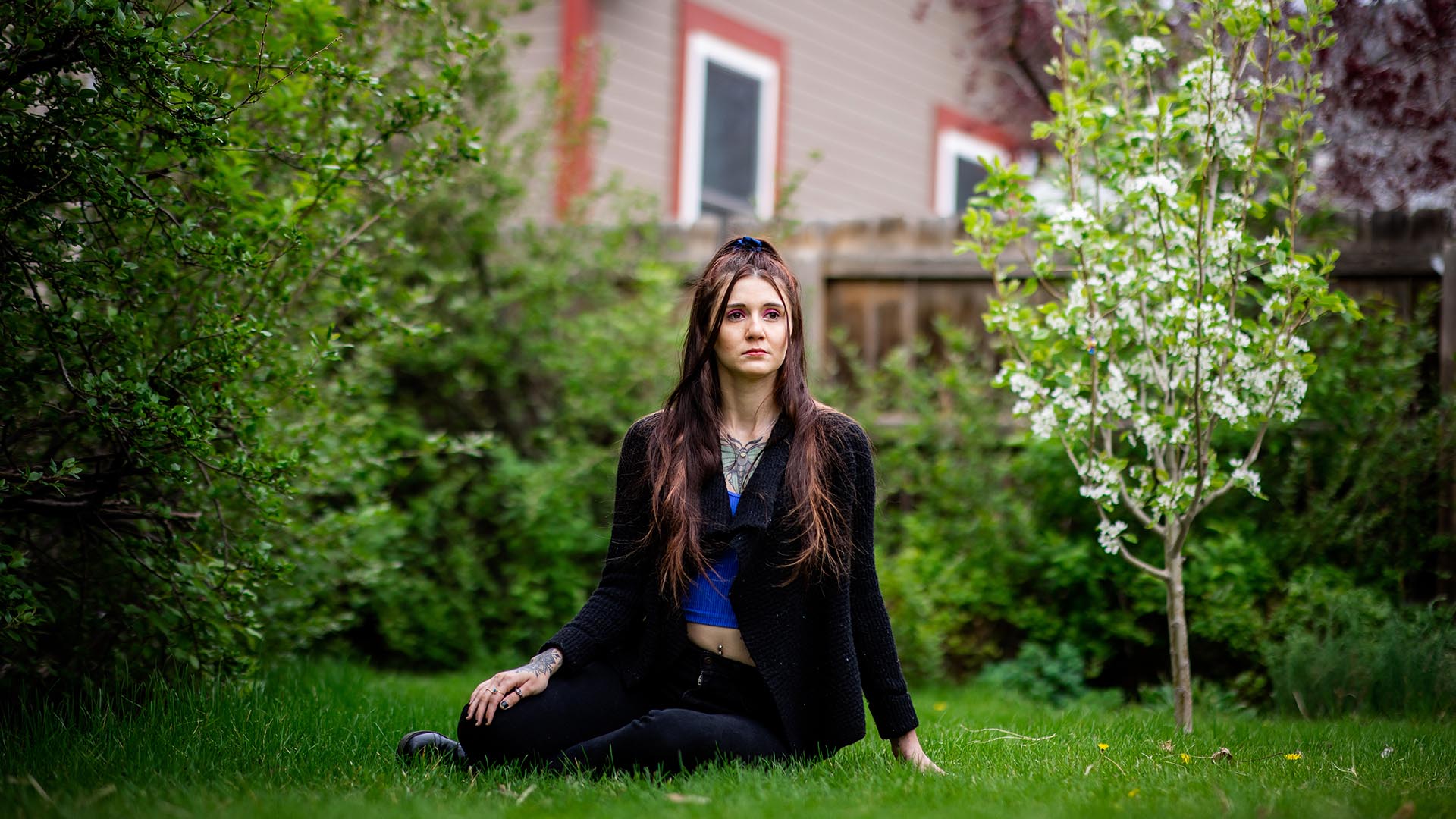
Nikki Beavers was 13 years old when she lost her Uncle Joseph to an overdose. For a long time, she felt guilty that she hadn’t done more to prevent his death.
“I knew he had been using drugs, but I never talked to him about it,” Beavers said.
At age 22, Beavers lost another uncle, Walter. No one in the Beavers family had been aware of his struggle with alcoholism until about four months before his death.
“I knew that I had to do something this time,” Beavers said.
Her experience is all too common. In the U.S., more than 106,000 people died from a drug-involved overdose in 2021, up from 91,499 in 2020 and 70,630 the year prior, according to a report from the National Center for Health Statistics and the Centers for Disease Control and Prevention. A Social Work student at Metropolitan State University of Denver and a Puksta Foundation Scholar, Beavers took on the task of supporting families of those struggling with addiction through her nonprofit, JWB Recovery.
“I was already thinking about serving communities impacted by addiction in some way, but (Walter’s) death really motivated and propelled the idea of starting this nonprofit and helped inspire me to bring it to life,” Beavers said.
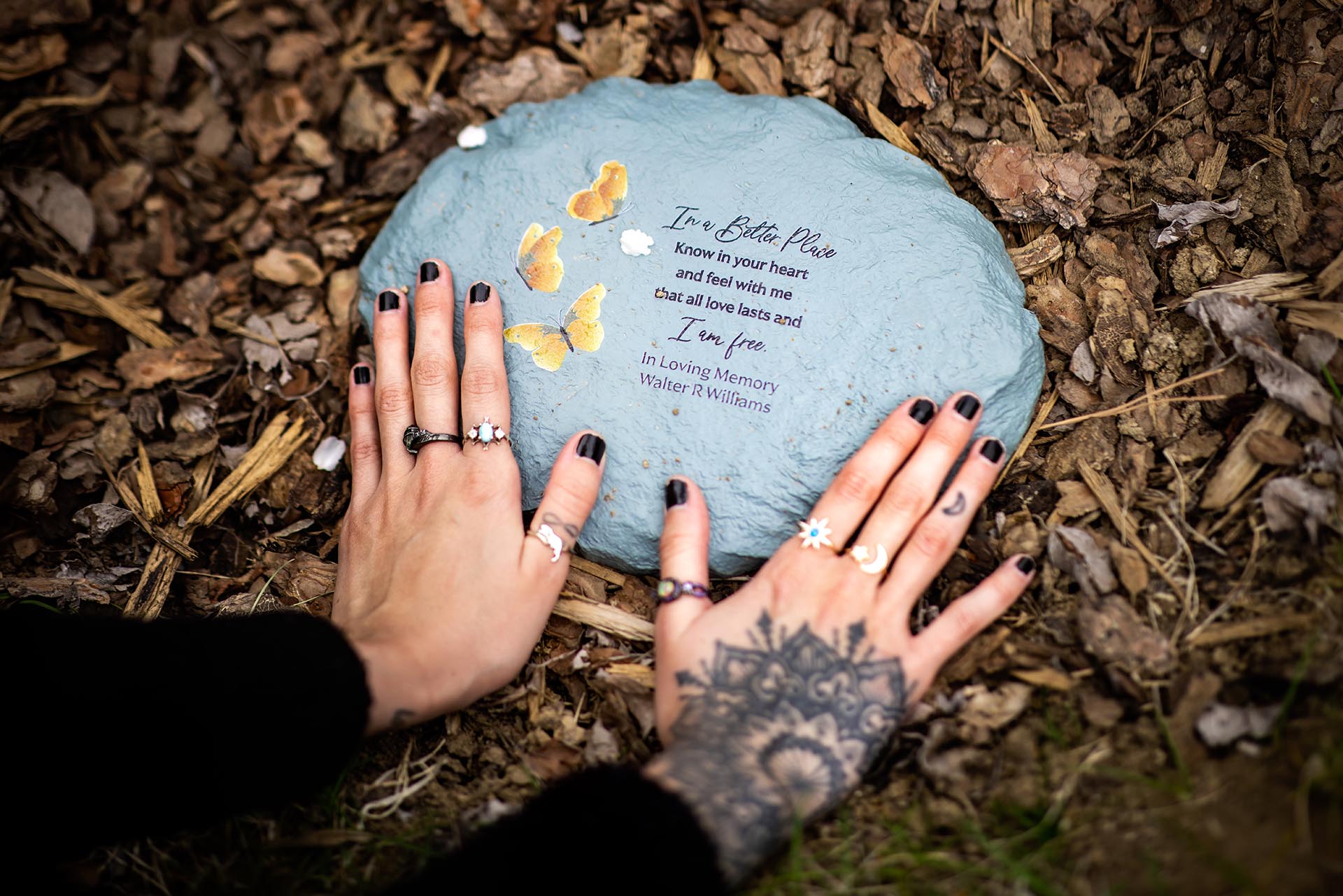
JWB Recovery — named in honor of her late uncles and her last name — hosts free monthly support groups where Beavers hosts minilectures on topics such as acceptance, as well as in-person field trips, for people ages 18-45.
Beavers said the in-person field trips are a chance for people to get out of the house, get to know others dealing with similar struggles and relax while getting the support they need.
Still in its early stages, JWB Recovery received a jump-start in 2022 when Beavers participated in the Clinton Global University Initiative. During the program, Beavers completed three social-impact modules and worked with mentors to gather funding for JWB Recovery. Now that she has laid the foundation, Beavers is working to raise awareness and recruit additional board members.
In addition to founding her nonprofit, Beavers works as an experiential-learning program assistant for MSU Denver’s Classroom to Career Hub and has an Earn & Learn internship with the Make-A-Wish Colorado Foundation, where she helps facilitate discoveries and travel itineraries for children receiving their wishes.
The Earn & Learn program, which provides students with funding to participate in unpaid internships, has allowed Beavers to focus on her internship without worrying about finances.
“It’s allowed me to be a lot more present and enjoy the experience a lot more than I think I would have without it,” Beavers said.
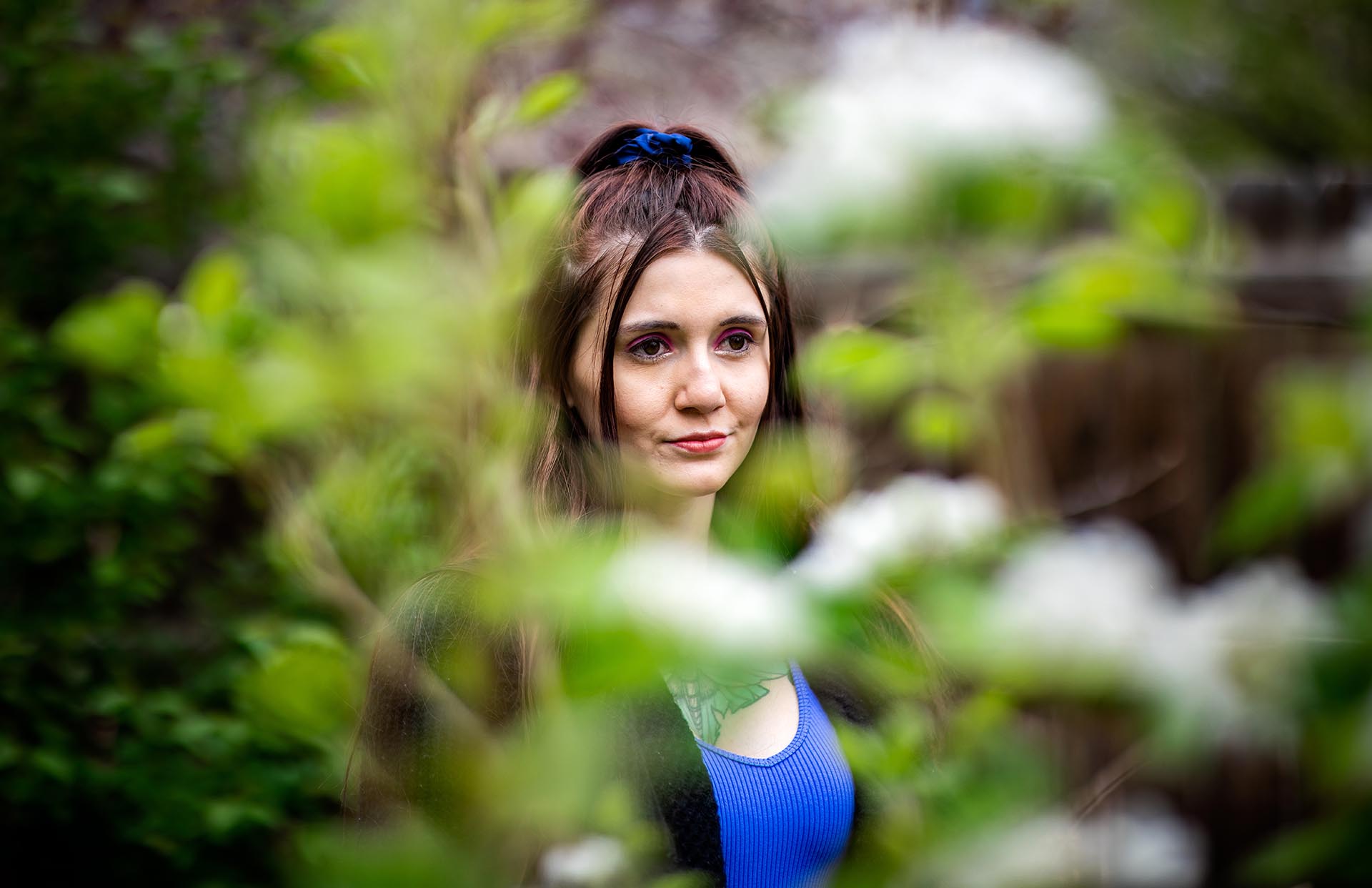
Experiences like the internship have pushed Beavers out of her comfort zone and taught her skills that she believes will have a lasting impact.
“(The Social Work program) helped me grow as a person and learn what a social worker does and develop those skills that are really going to benefit my nonprofit,” she said.
After Beavers graduates in May, she’ll begin the Master of Social Work program at MSU Denver. She hopes to become a licensed addiction counselor to provide treatment and professional counseling services for JWB Recovery.
RELATED: Addiction recovery a year into Covid-19 pandemic
For other young entrepreneurs who want to make a social impact, Beavers advises to accept change.
“When I first started JWB Recovery, I was hoping to work with people who are actively in addiction and their loved ones at the same time. As things developed, I realized that’s not practical right now, and that’s OK,” Beavers said. “Be flexible and adaptable. Don’t set expectations that are too strict for yourself and your plans.”

